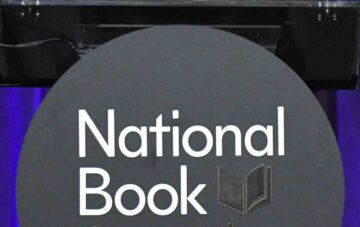Alexander Manshel in The Nation:
 The novels recognized by major literary prizes have largely abandoned the present in favor of the past. Contemporary fiction has never been less contemporary.
The novels recognized by major literary prizes have largely abandoned the present in favor of the past. Contemporary fiction has never been less contemporary.
If we look back to the middle of the 20th century, we can see that the kinds of books that were short-listed for the Pulitzer Prize or the National Book Award then were mostly about contemporary life: J.D. Salinger’s Catcher in the Rye, Ralph Ellison’s Invisible Man, and a host of others by the likes of Saul Bellow, John Cheever, and John Updike. And these aren’t outliers. Between 1950 and 1980, about half of the novels short-listed for these and the National Book Critics Circle Award were set in the present, narrating “the way we live now” in all its complexity.
Fast-forward to the present, and the past has taken over. A historical novel has won the Pulitzer Prize for fiction in 12 out of the last 15 years, and historical fiction has made up 70 percent of all novels short-listed for these three major American prizes since the turn of the 21st century.
More here.
Enjoying the content on 3QD? Help keep us going by donating now.
